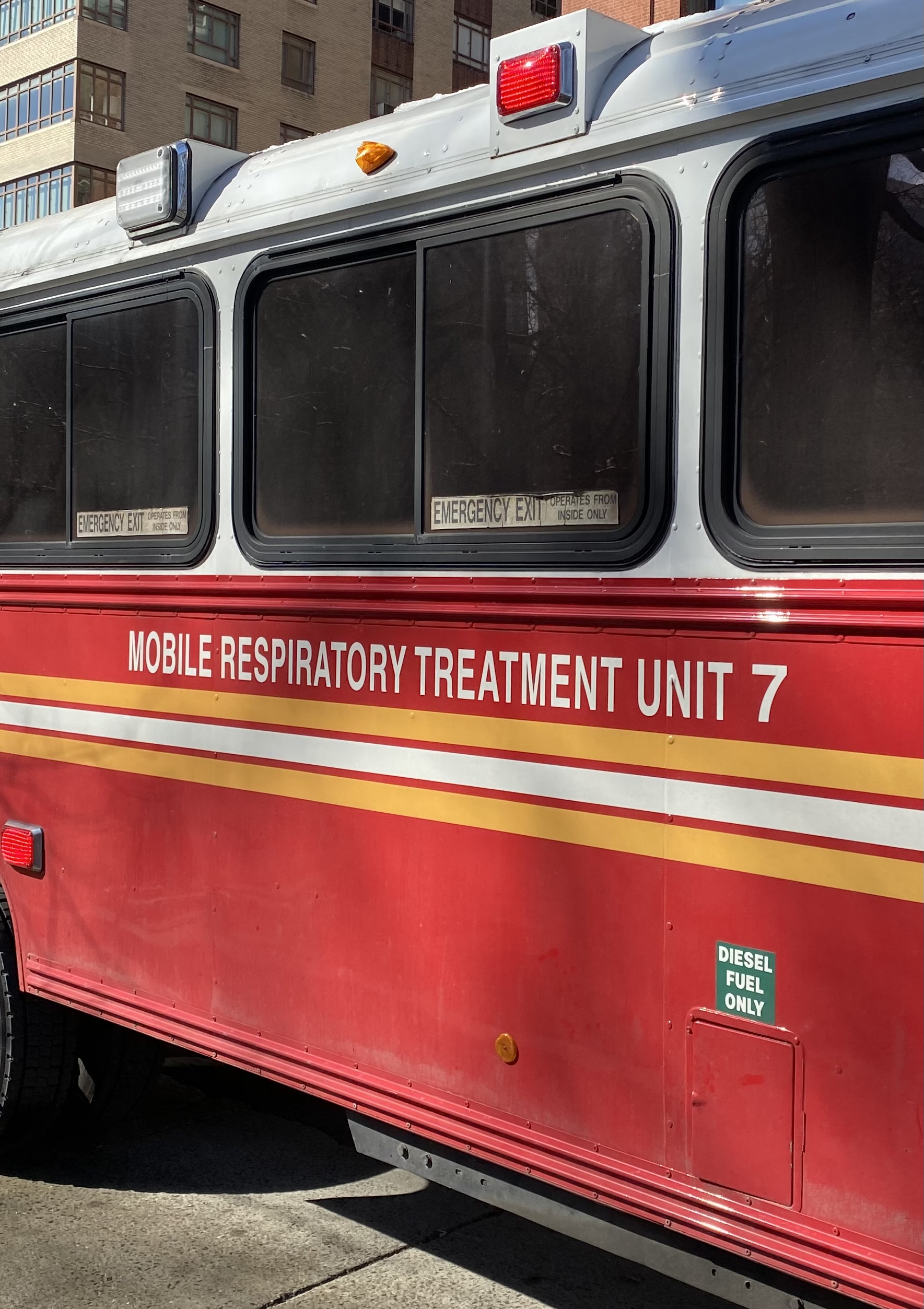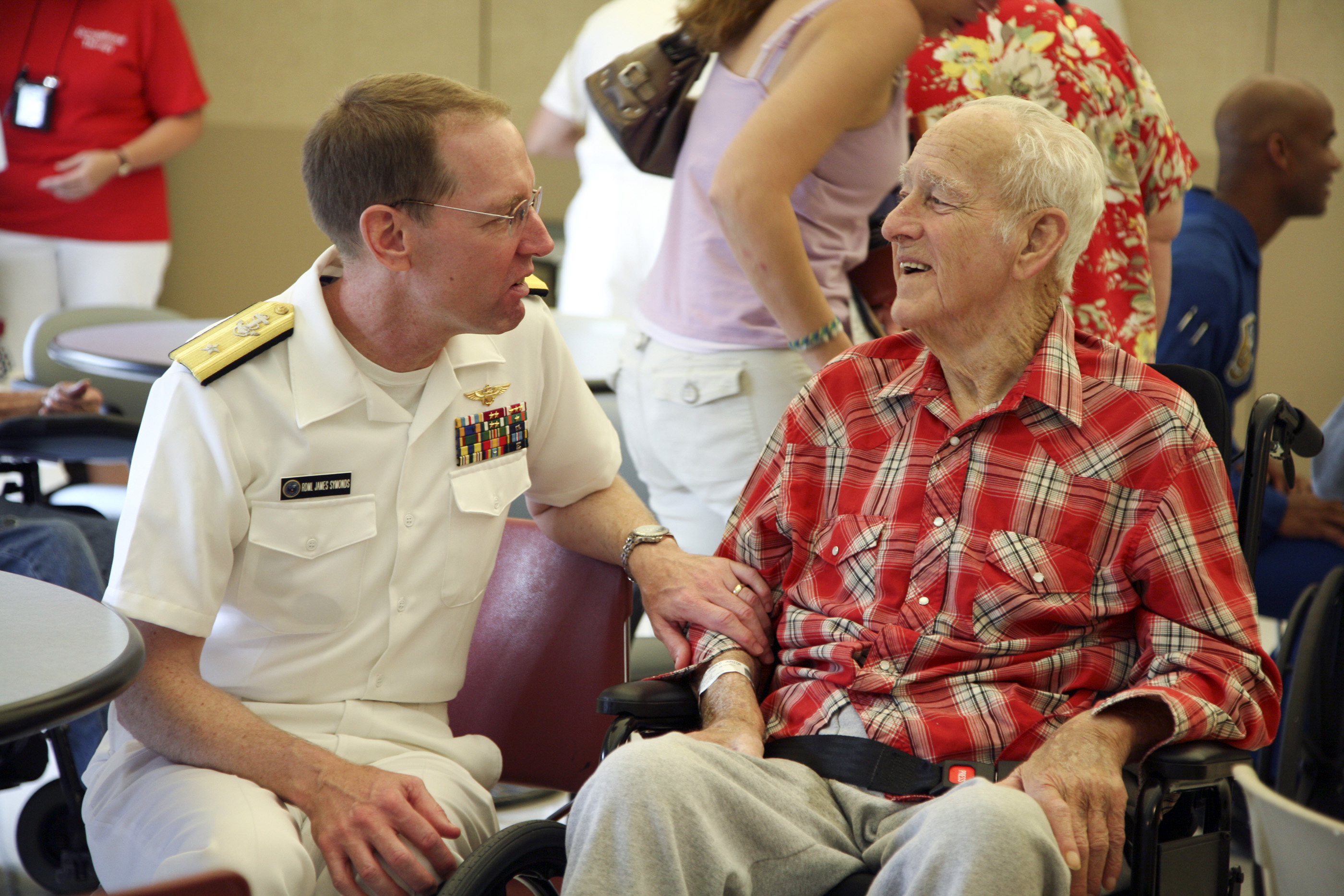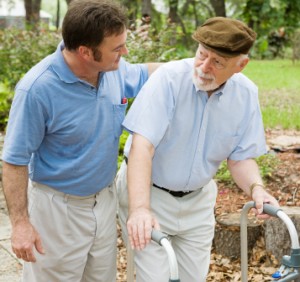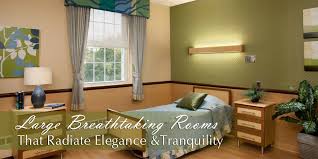Fire Tragedy at Long Island Senior Complex: A Legal Perspective on Ensuring Safety and Accountability
 In the early hours of a Sunday morning, a devastating fire tore through the Harmon Shepard Hill apartments, a senior housing complex in Plainview, Long Island. This tragic incident claimed the lives of two women, 84-year-old Theresa Casale and 74-year-old Lynne Citron, and displaced about 20 residents, highlighting a dire need for stringent safety measures and legal accountability in senior living facilities.
In the early hours of a Sunday morning, a devastating fire tore through the Harmon Shepard Hill apartments, a senior housing complex in Plainview, Long Island. This tragic incident claimed the lives of two women, 84-year-old Theresa Casale and 74-year-old Lynne Citron, and displaced about 20 residents, highlighting a dire need for stringent safety measures and legal accountability in senior living facilities.
The blaze, which erupted amid freezing conditions, prompted a massive response from firefighters who battled the flames and worked tirelessly to evacuate residents. Despite their efforts, the rapid spread of the fire on the second floor made it particularly challenging to ensure everyone’s safety. The loss of Ms. Casale and Ms. Citron, both of whom were known to have mobility issues, underscores the vulnerability of senior residents in such emergencies.
As personal injury lawyers, this incident raises significant concerns about the legal responsibilities of housing complexes, especially those catering to seniors. The primary question revolves around whether adequate fire safety measures were in place and if the complex adhered to all required building codes and standards designed to protect its residents.
 New York Personal Injury Attorneys Blog
New York Personal Injury Attorneys Blog






